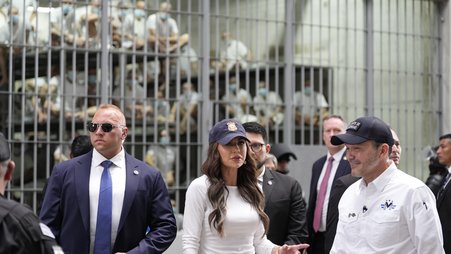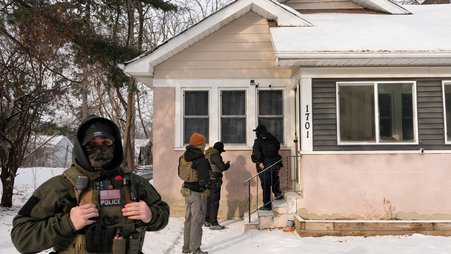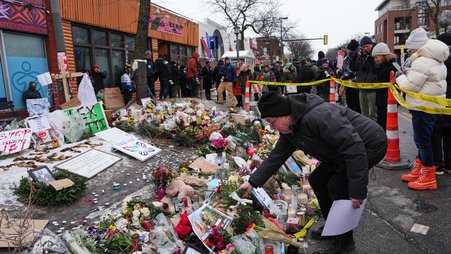The New York Times and the George Polk Awards held an excellent one-day conference two weeks ago entitled "Sources and Secrets," in which a number of all-star panelists discussed issues related to secrecy, national security, whistleblowers, and the state of journalism in the age of mass surveillance. The videos have finally been posted online and are quite revealing, both from the perspective of journalists who cover these issues under threat of subpoena, and government officials who believe that stories based on leaks harm national security. There are five panels and we've embedded each video below.
James Risen introduces the conference by saying this: “This is the worst time period in my career as a journalist in terms of press freedom. The Obama administration has doubled down on the kind of reductions in press freedom that began under the Bush administration, and they are engaged in the kind of aggressive anti-press activities that the Bush administration only contemplated and never pursued.” The Obama administration, he concluded, is “the greatest enemy to press freedom in at least a generation.”
The first panel includes New York Times legal reporter Adam Liptak—who says if he wasn't an "objective" journalist, he would call the James Risen case "a persecution"—along with Edward Snowden's legal adviser Ben Wizner, two of the top media rights lawyers in the country, and Jeffrey Toobin, the New Yorker journalist bizarrely opposed to leaks.
Some of the most interesting points in the second discussion came from The Intercept's Peter Maass, who says, in response to the theory that leaks cause harm to the United States: "In many cases, the lack of leaks is the harm." He cites the lack of leaks about misleading intelligence in the run-up to the Iraq War as an example. On the Snowden documents and talking to government officials he says, "I trust documents more than I trust officials. These documents say a lot more and tell me a lot more than most officials would."
Besides insightful comments from the always-excellent Jane Mayer, there's also an odd back-and-forth with Bob Woodward where he claims that the use of encrypted communications by journalists and sources is "semi-incriminating," to which the former general counsel of the NSA concurs, "yes, we can all agree on that." Um, no we can't.
The third panel features two of our board members, Glenn Greenwald and Laura Poitras, along with Barton Gellman, in the first interview all three have done together since they broke the Snowden stories almost ten months ago.
The fourth panel discusses the prospects of a federal shield law that could potentially protect journalists from revealing their sources in court. On the panel, among others, is Sen. Chuck Schumer, the author of the federal shield bill. Judging by his remarks, one could argue a shield bill could do more harm than good.
And the fifth panel brings together the chief editors of some of the biggest newspapers and magazines in the country, including the New York Times and Washington Post. Joining them is Director of National Intelligence general counsel Bob Litt, a person whose job often includes telling these editors not to publish stories because of "national security." The New Yorker's David Remnick summed up our general feeling best:
There’s a long established practice of the press putting pressure on power. That’s a big part of what we do… And if you look historically at these issues, time and time again, that the decision to not publish—the decision to quash, the decision to shut up, to not have transparency—is very often the wrong one historically. Are there instances where the press makes a mistake, even a big mistake, and goes too far? Sure. But it’s nothing like the history of government’s record of mistakes and catastrophes, and without adequate pressure on the government from the press, we’re lost.




